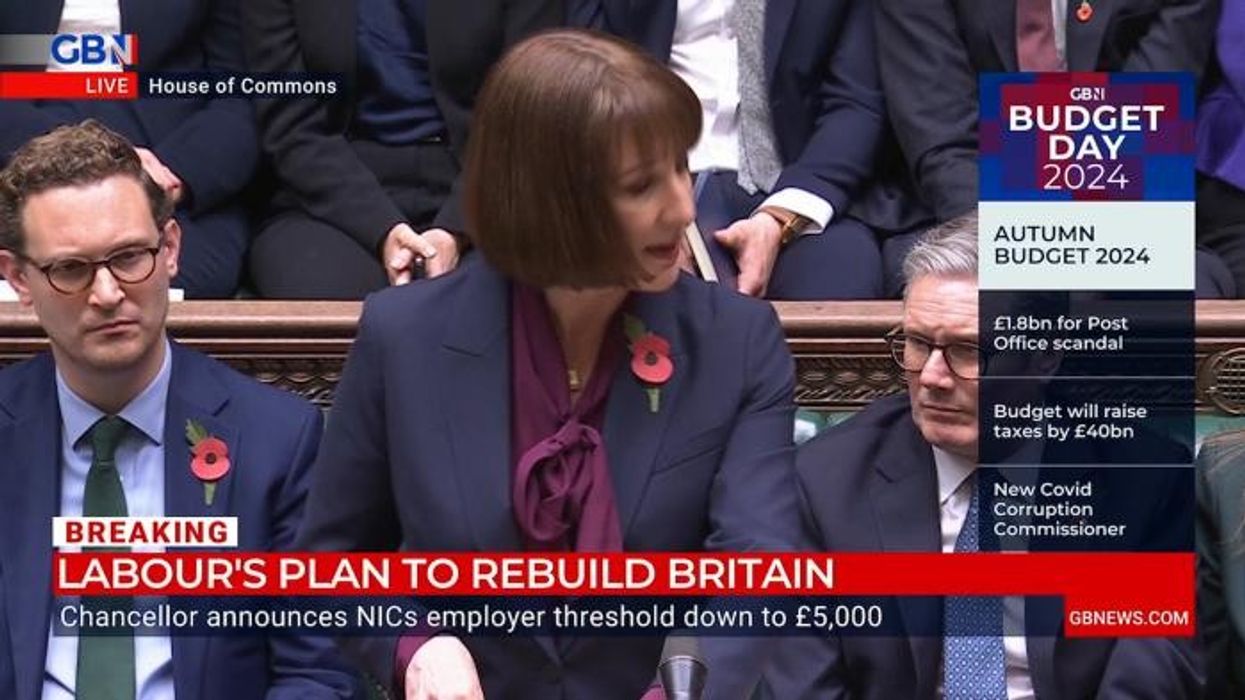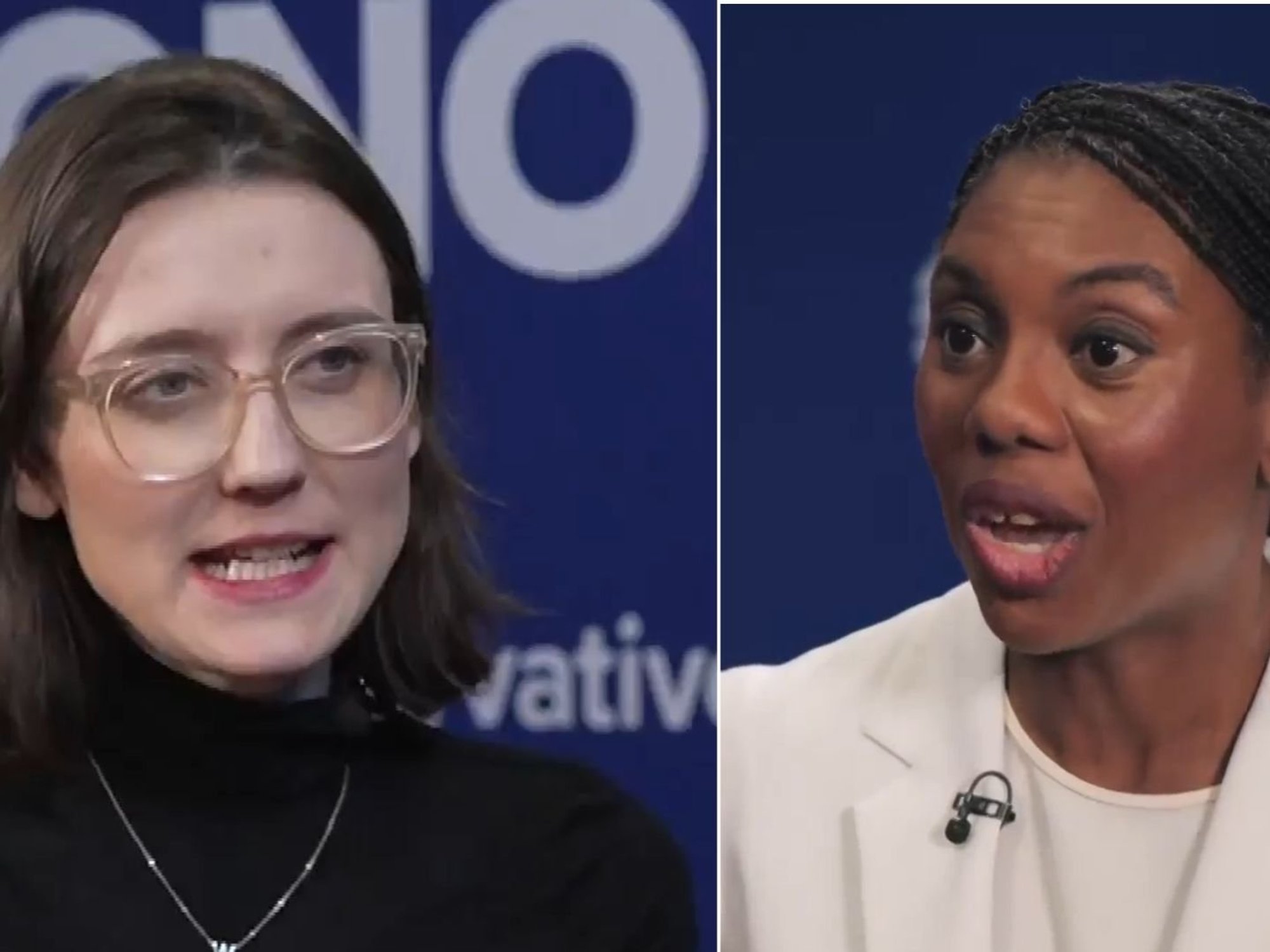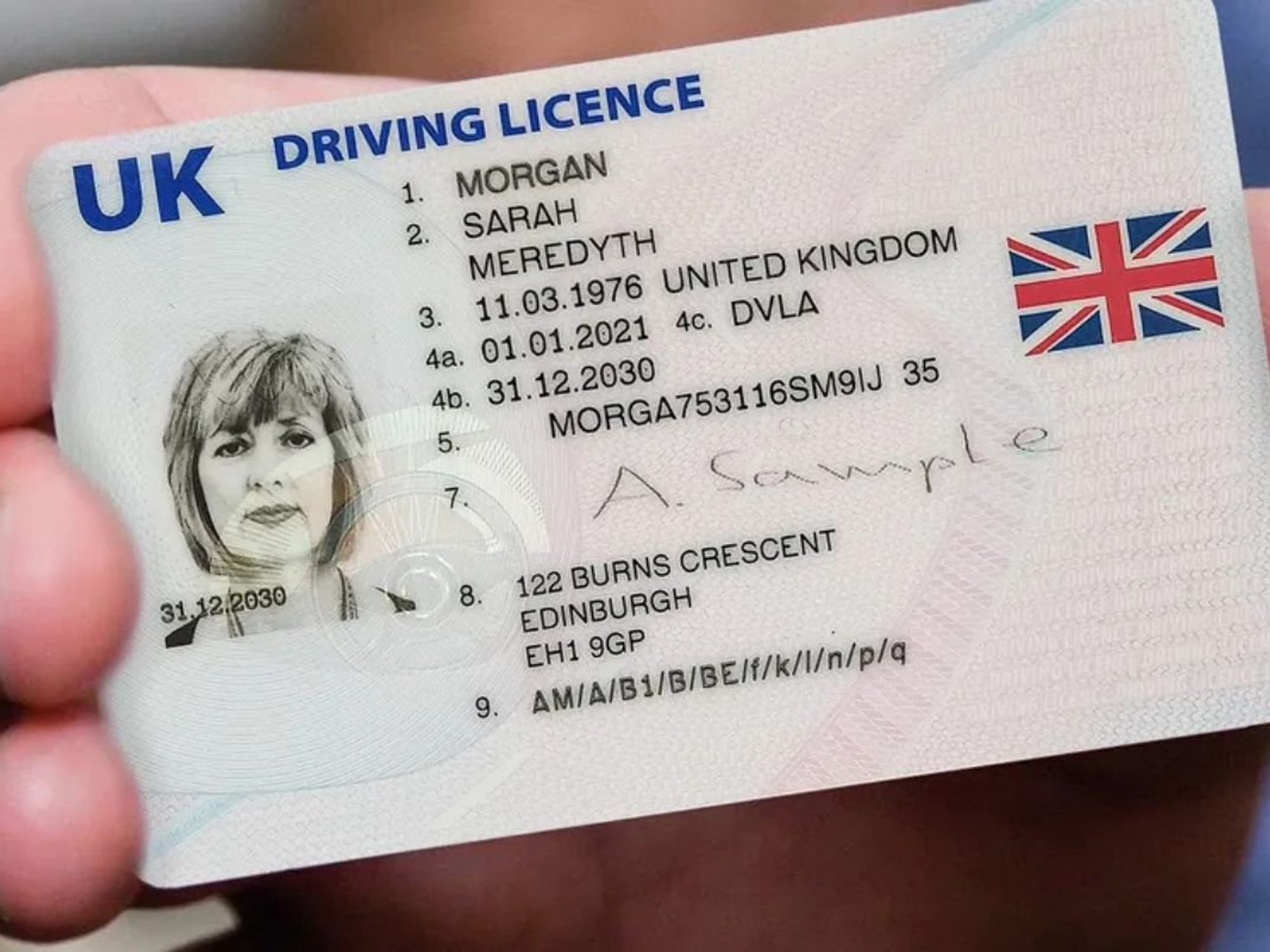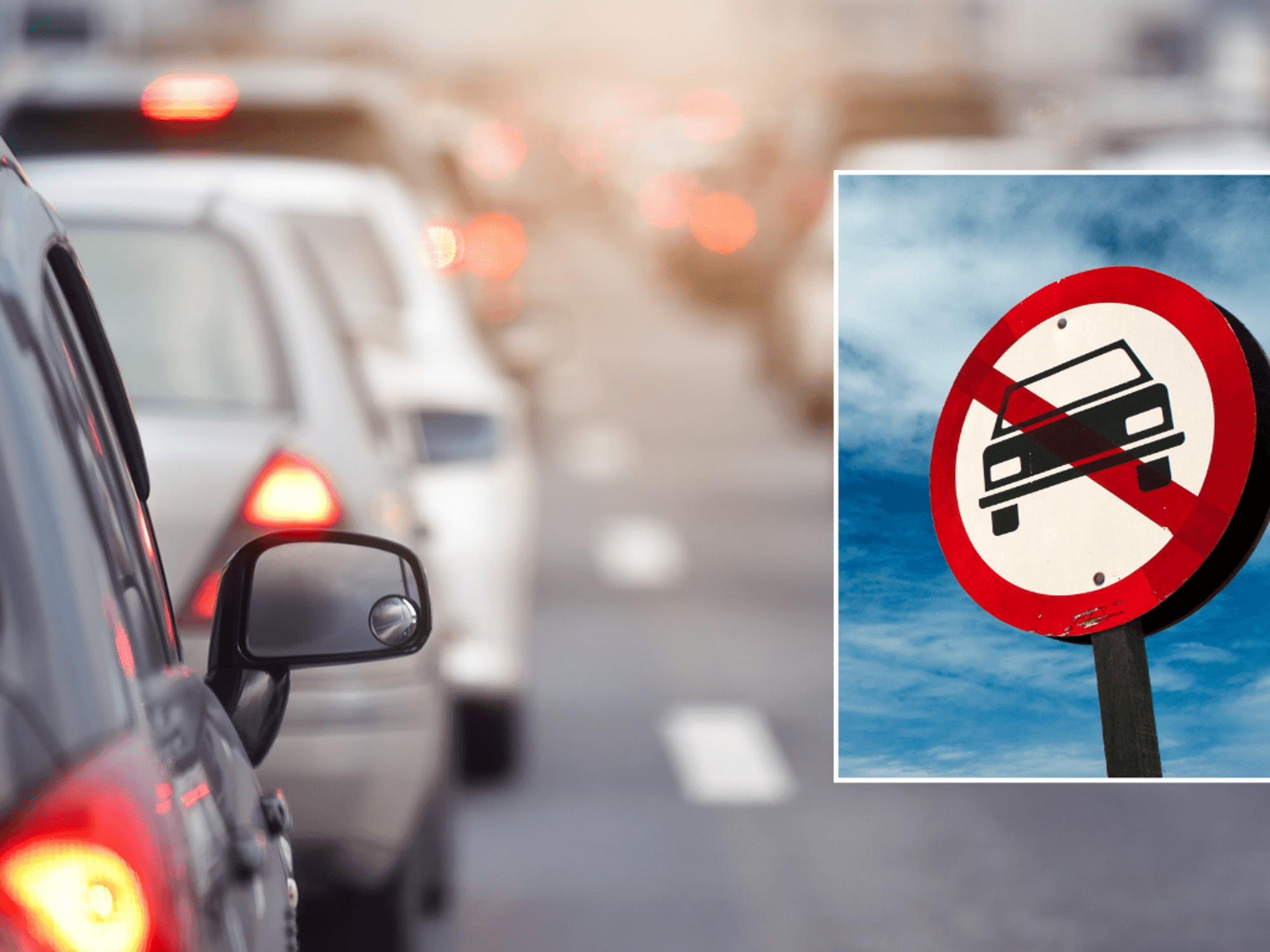Labour tipped to scrap 'luxury' car tax for popular vehicles in Autumn Budget impacting millions of drivers

The Excessive Car Supplement is a yearly fee of £425 for vehicles priced over £40,000
Don't Miss
Most Read
Labour is considering tweaking or even removing completely the controversial "luxury car tax" impacting millions of electric vehicles with yearly cost hikes.
The Expensive Car Supplement is applied to vehicles priced over £40,000, with electric vehicles now subject to paying an additional £425 each year.
But according to leaked Government letters, Labour is currently looking at introducing measures to help increase the rollout of electric cars, which could see the excess fee scrapped.
The Expensive Car Supplement became another tax burden for EV owners from April 1 as well as paying Vehicle Excise Duty for the first time.
Do you have a story you'd like to share? Get in touch by emailing motoring@gbnews.uk
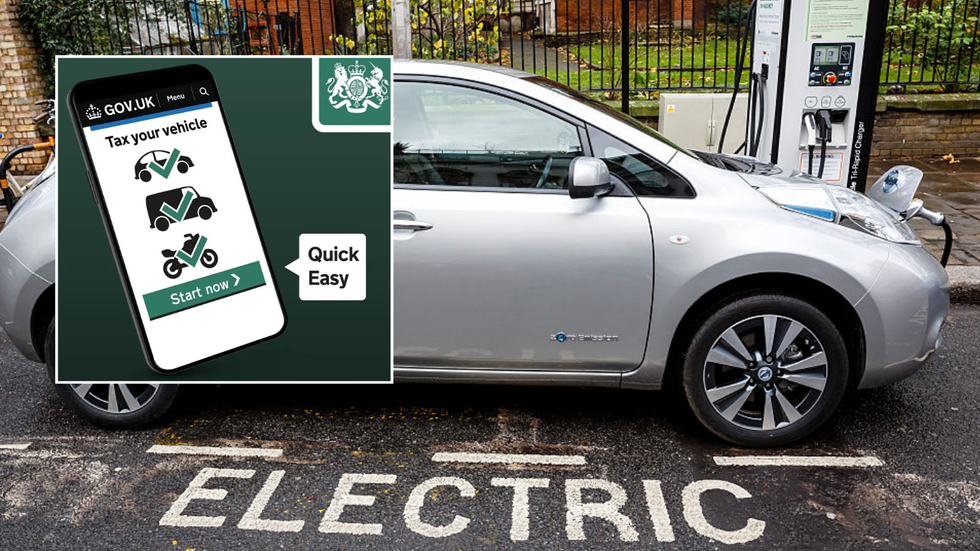
The Excessive Car Supplement is an additional £425 tax paid yearly by vehicles priced over £40,000
| GETTY/X/DVLARoads Minister Lilian Greenwood revealed in the letter that the Government plans to revise the threshold "to make it easier to buy electric cars" following industry warnings that the tax stifles EV demand.
The supplement is an additional premium tax on top of the standard rate of Vehicle Excise Duty levied on cars from the second year after registration.
Any car with a recommended retail price above £40,000 is subject to this charge, which is applied for five years in addition to the £195 VED standard rate, taking the total annual payout to £620 or £3,100 over the half-decade period it is enforced.
However, experts have warned that due to the £40,000 threshold remaining the same since 2017, it no longer reflects the current inflated prices, which would put vehicles at roughly £50,000.
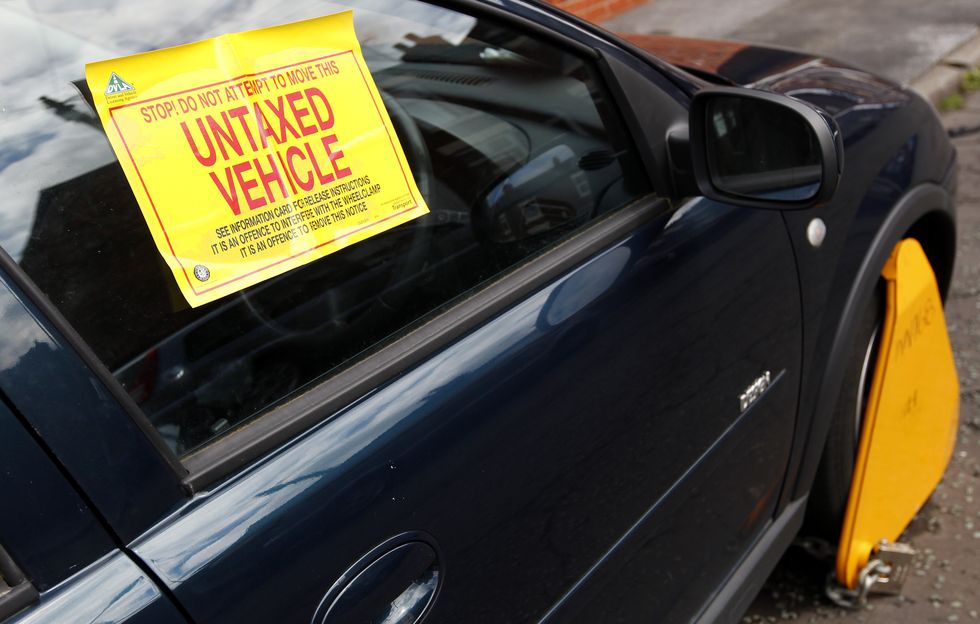
Electric cars were taxed with Vehicle Excise Duty for the first time in April
| PAThe tax has been blamed for causing sales of EVs to drop and increasing the risk of manufacturers failing to shift EVs sufficiently to meet the Zero Emission Vehicle mandate, which could trigger hefty fines.
In the leaked letter seen by Auto Express to Liberal Democrat MP Ben Maguire, Greenwood wrote: "As announced at the Autumn Budget 2024, the Government recognises the disproportionate impact of the current VED Expensive Car Supplement threshold for those purchasing zero emission cars from April 1, 2025.
"We will consider raising the threshold for zero emission cars only at a future fiscal event to make it easier to buy electric cars."
The minister also insisted: "We are confident that our decisions [to retain the ZEV mandate] will protect jobs and give certainty for future investment. There is no reduction in the Government's ambition to decarbonise cars and vans."
LATEST DEVELOPMENTS:
Leading motor dealers said the proposed changes would be "a move in the right direction" to help improve consumer confidence towards buying an EV, but much more support would be needed to stimulate the sluggish electric car market.
Robert Forrester, chief executive of Vertu, told This is Money: "It's a start. But it only takes us part of the way."
Meanwhile, Chris Rosamond, current affairs editor at Auto Express, said that the possibility that Labour is actively considering tweaking or even scrapping the controversial luxury car tax on electric vehicles "is a welcome if overdue glimmer of hope for a struggling EV market."
He added that the current policy "flies in the face of efforts to boost zero-emission vehicle uptake" and noted that used EV buyers are also affected, as the tax applies if the vehicle was originally bought for more than £40,000, regardless of its current value.
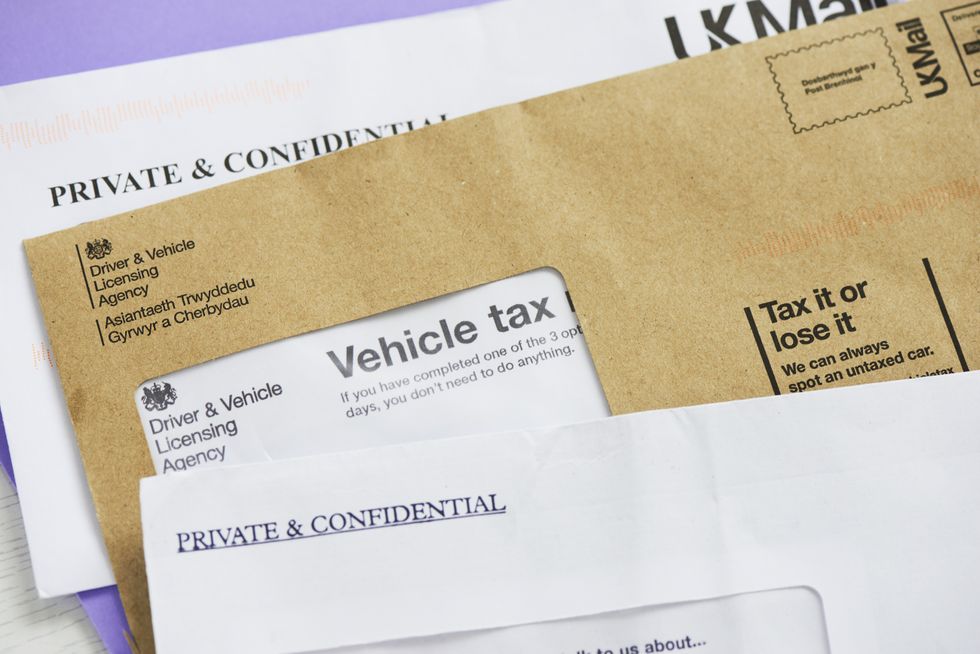
Leaked documents revealed Labour is looking to tweak the Excessive Car Supplement at the Autumn Budget
| GETTYRosamond warned that Greenwood's suggestion of changes in a future fiscal event, likely the Autumn Budget, "risks adding more uncertainty into an already fragile market."
"What we may see now is that buyers delay EV purchases in the hope of avoiding the luxury car tax altogether, which will slow down uptake even more," he said.
"There are already far too many reasons why drivers don't want to make the switch, and the luxury car tax is not helping," Rosamond added.


